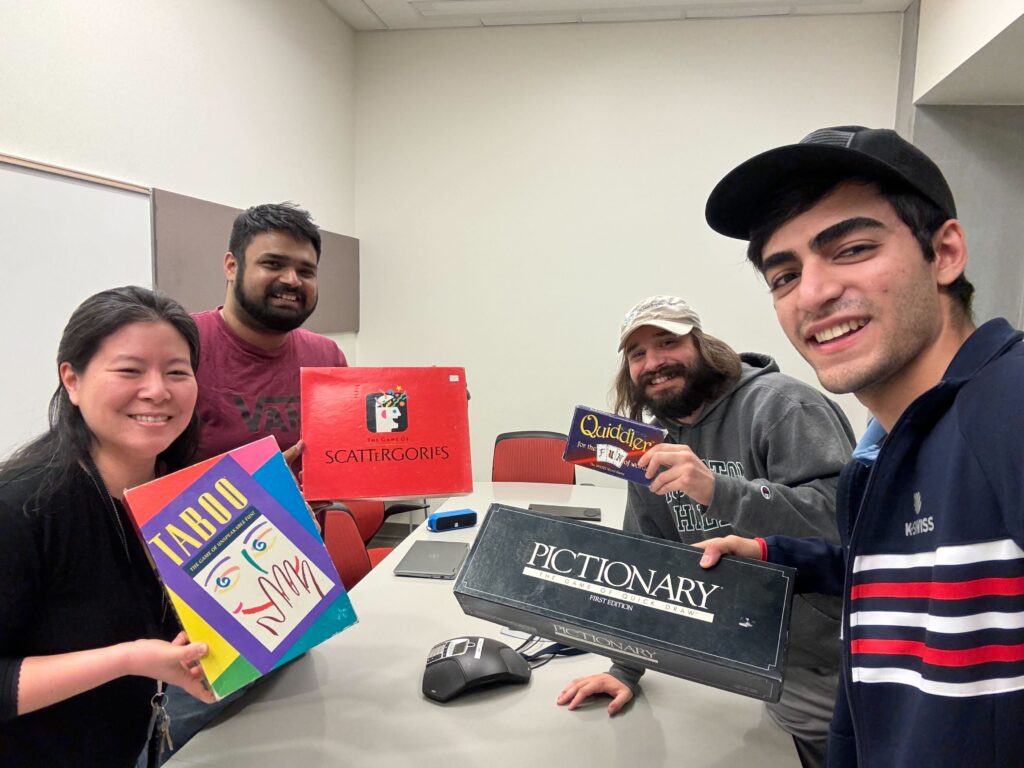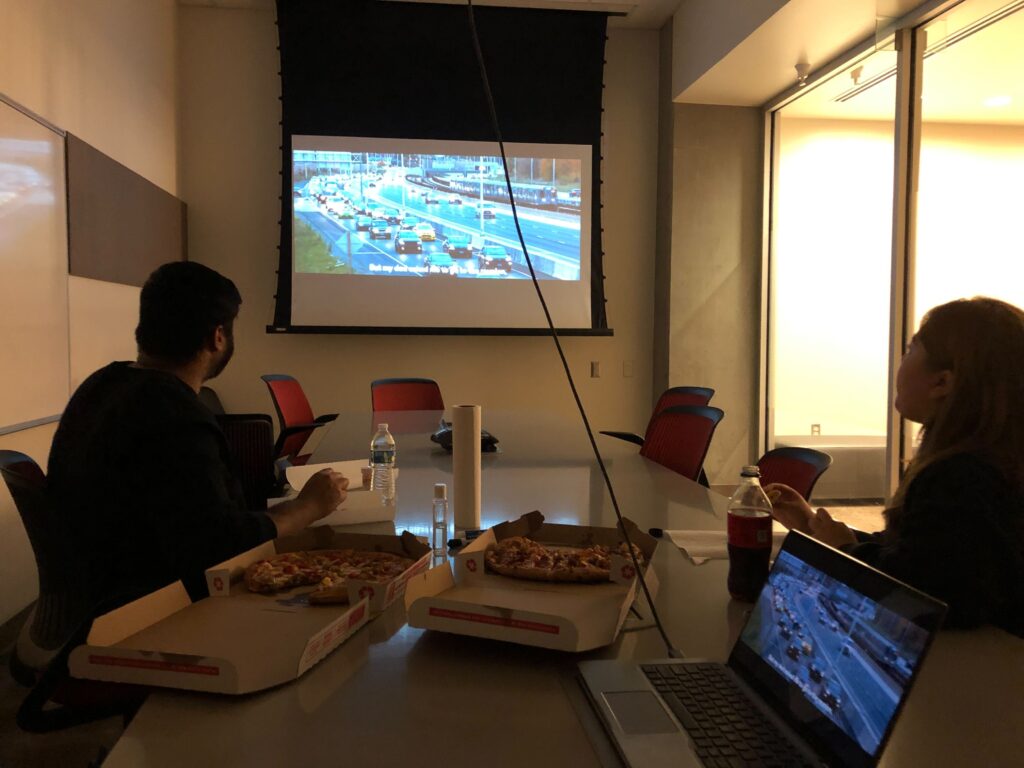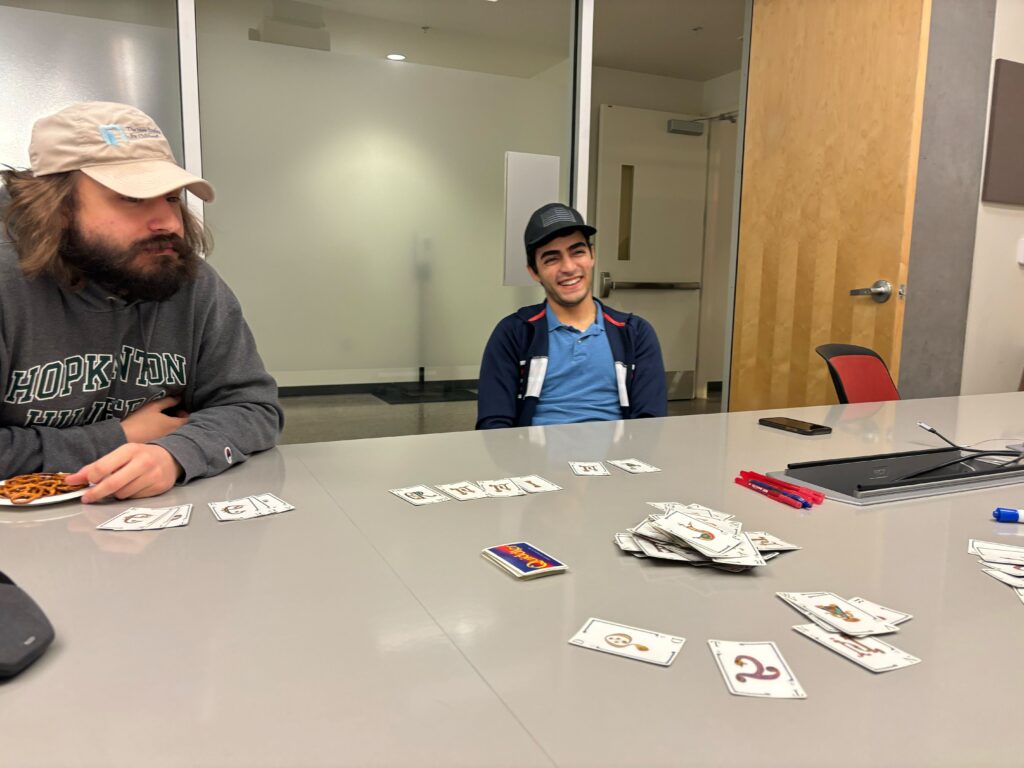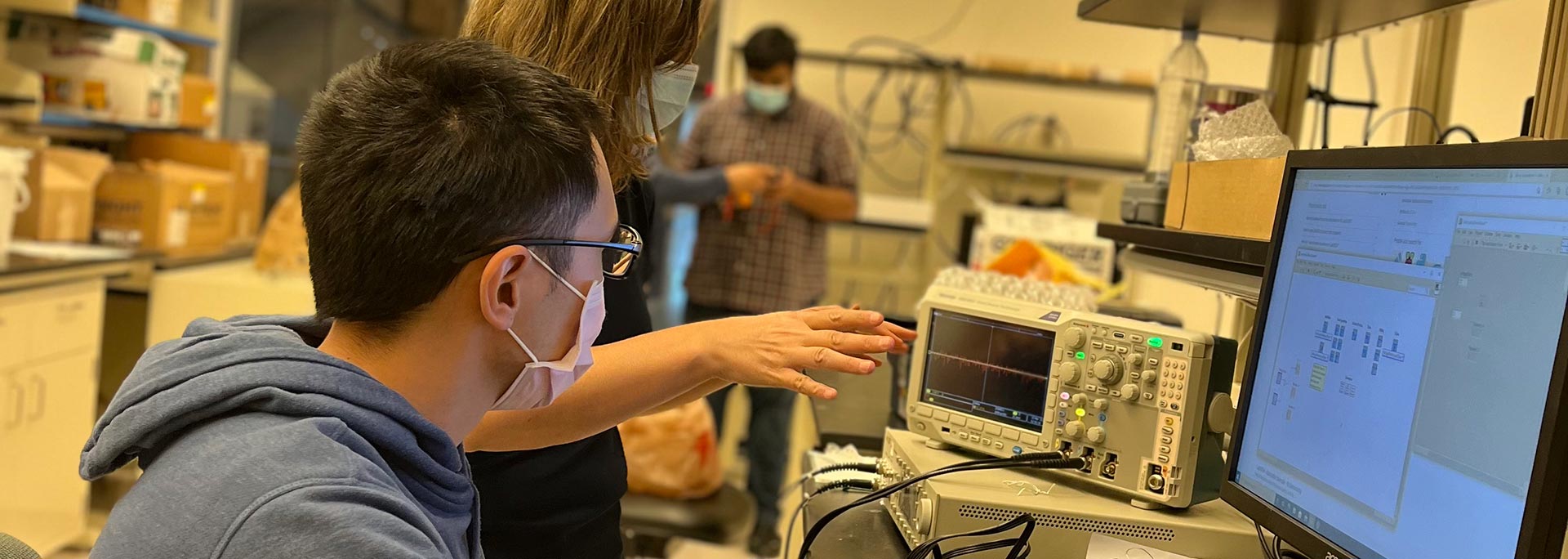
NSF Research Traineeship Program Components
Human Centered Design and Manufacturing
The ASU NRT program’s integrated and interdisciplinary training model includes the following components.
Curriculum
NRT trainees may choose from the NRT courses in the table below. (Requirements will vary for MS and PhD funded trainees.)
The NRT core courses establish the foundation of understanding and knowledge that NRT trainees will use as they continue in their degree programs and in their NRT biomedical devices and implants projects. Additionally, NRT core courses are an excellent opportunity for NRT trainees to organically network, build connections, and spark collaborations with other members of the NRT network.
| Course name | Course number | Description |
|---|---|---|
| Population Health Ethics | POP633 | This course will explore the emergence of health ethics, its philosophical, historical, and political development, its relationship to the field of human rights, and its future. Emphasis will be placed on developing a mastery of the current literature on the subject and on formulating novel approaches in public health ethics. During the first three weeks of the course, we will consider theoretical issues in health ethics, including how to define morality, various general moral theories, the definition of bioethics and methodologies used therein, and theoretical approaches specific to public health ethics. In the following weeks, we will apply these ethical concepts, principles and theories to a number of specific topics and cases in public health. This is a reading and writing intensive course, and students should be prepared to engage in serious dialogue each week in class. To be successful in this course students will have read all readings prior to class and come prepared to discuss the ideas and concepts from the readings. |
| IT for Healthcare Innovation | HCI544 | Information technology is transforming the delivery of healthcare today. Learners will study strategy formulation theories and apply concepts as they develop a proposal for digital transformation to address a specific healthcare area of concern. Learners will gain insight into the technologies that are reshaping industries today, plus gain an understanding of the IT asset and the role of IT organizations in healthcare innovation. Topics covered include: digital transformation, design thinking, the IT asset, strategy formulation, and IT governance. |
| Health Care Policy and Innovation | HCI550 | Intro. to political, organizational, and economic dimensions of health care policy, emphasizing strategies for innovative policy and practice. |
| Compliant Biomedical Product Development | HSD/MAE/ BDE/BME 598 | This course will convey the critical need to apply biomedical engineering ethics principles in the design, manufacture and commercialization of biomedical devices and systems, all the while remaining compliant to local regulations and safety requirements. |
| Medical Device Regulation and Development | HCR552 | Comprehensive examination of the regulatory framework for the design, development, approval/clearance, and marketing of medical devices in the United States throughout the product lifecycle. |
Research Training
Students will work with their research advisor on topics related to the design and manufacturing of biomedical devices and implants. Research thrusts include:
- Human-technology interface in medical devices
- Ethics in research and innovation
- Law and policies in research and technology
NRT students will have the opportunity to share their work by attending professional conferences and publishing scholarly journals.
Applied and Experiential Learning
Mayo Clinic Residency: NRT trainees will spend time as Mayo residents working or shadowing a doctor or working with a collaborator in a medical setting. The residency area of expertise will depend on their device application and research area. This could potentially be shadowing a medical doctor who is collaborating with the students’ respective research advisor or conducting a component of their research project at Mayo. The purpose of this residency is for students to gain insight into the applications of their research.
Graduate-Undergraduate Mentorship Program: NRT trainees will participate in the Graduate-Undergraduate Mentorship (GUM) program. This is a summer/semester long mentorship program for graduate students to gain leadership skills, as they train an undergraduate student, who may be participating in the Fulton Undergraduate Research Initiative (FURI) or the Summer Research Initiative (SURI) and looking to gain hands-on lab and research project experience.
NRT Orientations and Retreats: NRT orientations and retreats are held annually. Orientations occur at the beginning of fall semester and retreats occur at the end of each academic year. Students are expected to attend these meetings and may be asked to present a poster at the retreat event.
Professional Development activities:
The NRT hosts a monthly seminar and workshops series where students have the opportunity to brainstorm with other NRT participants and learn from invited guests and researchers.
The NRT Workshop and Seminar series has included presentations about:
- research and citation tools
- patent searching, databases, and standards
- career preparation – resume, cover letter, and interview tips
- academic and professional writing
- presentation skills
- patents and the commercialization process
- research and career journeys
- publishing journal articles
- the MedTech startup journey
- point of care diagnostics
- biomaterials in tissue repair and wound healing
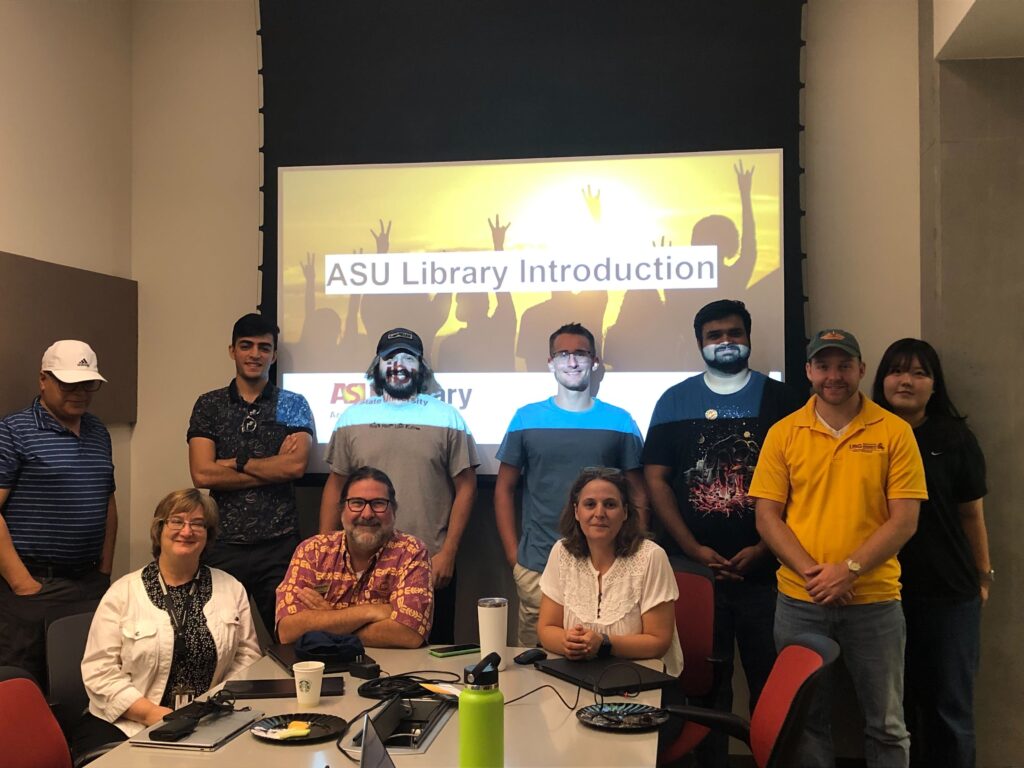
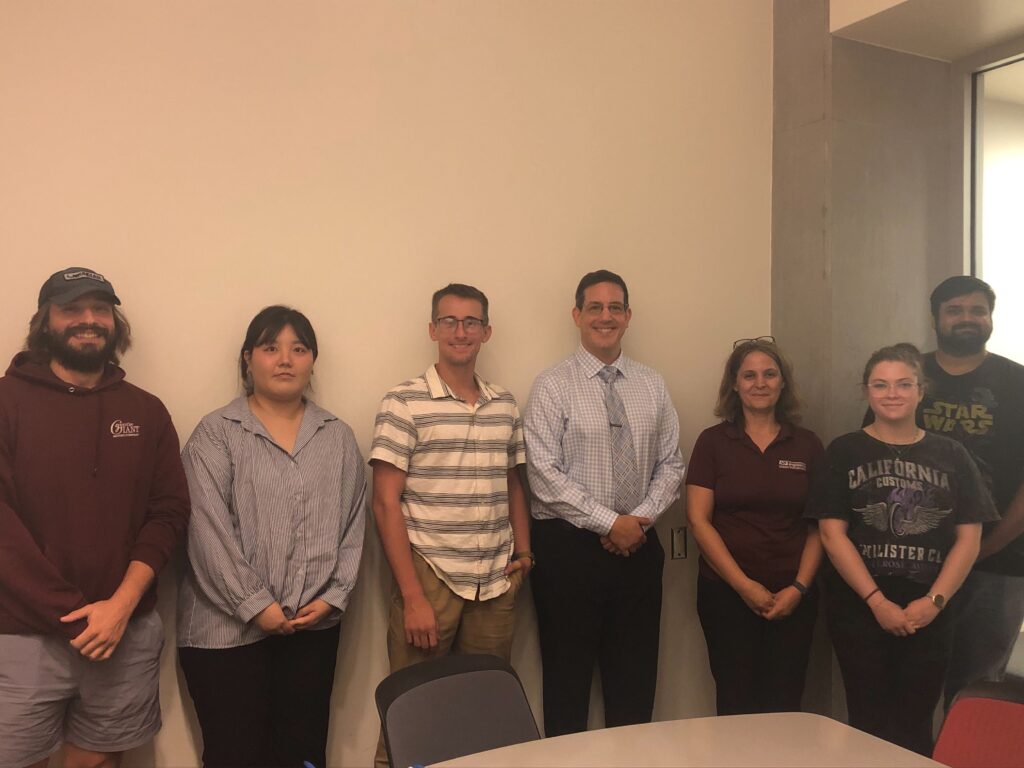
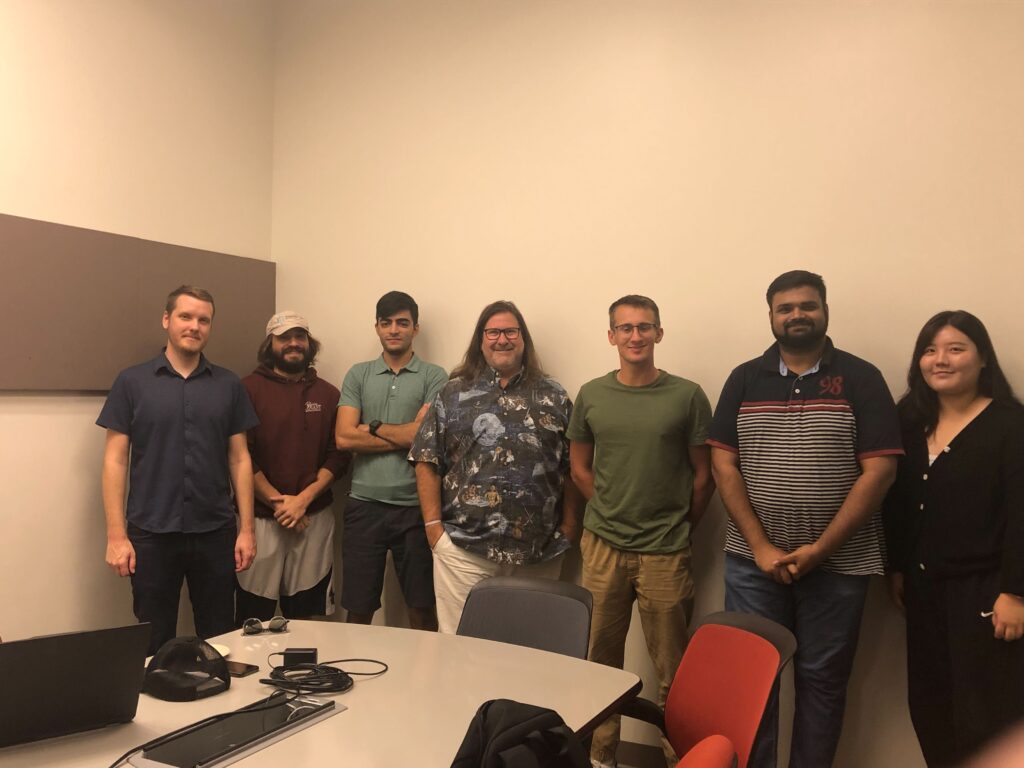
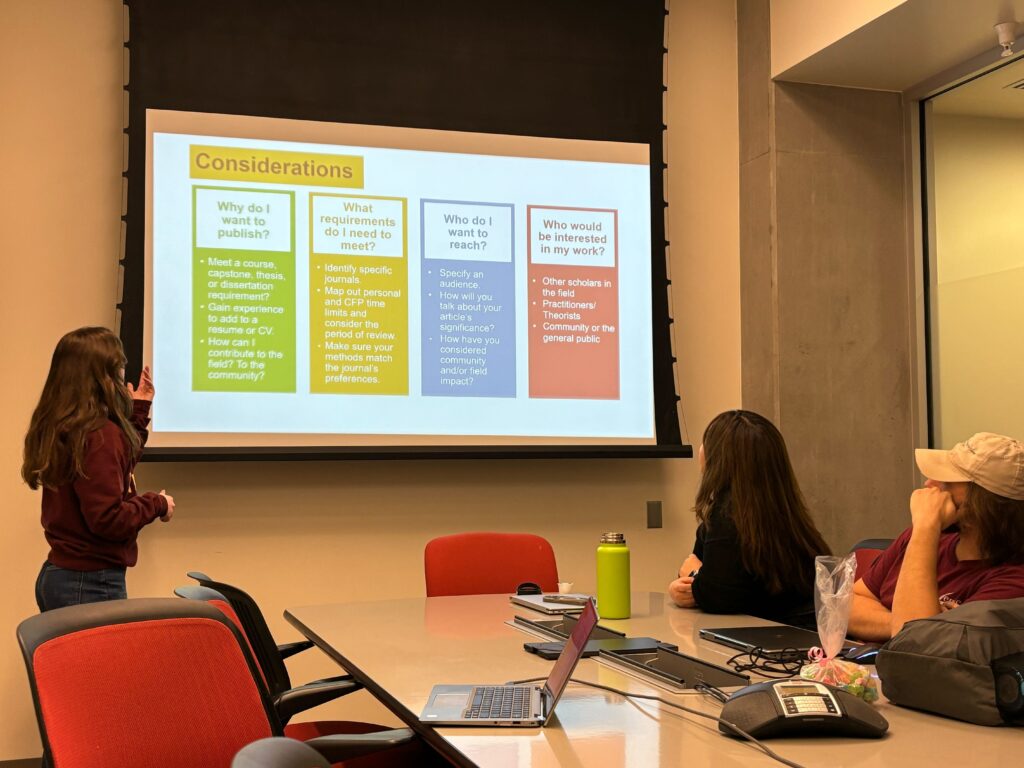
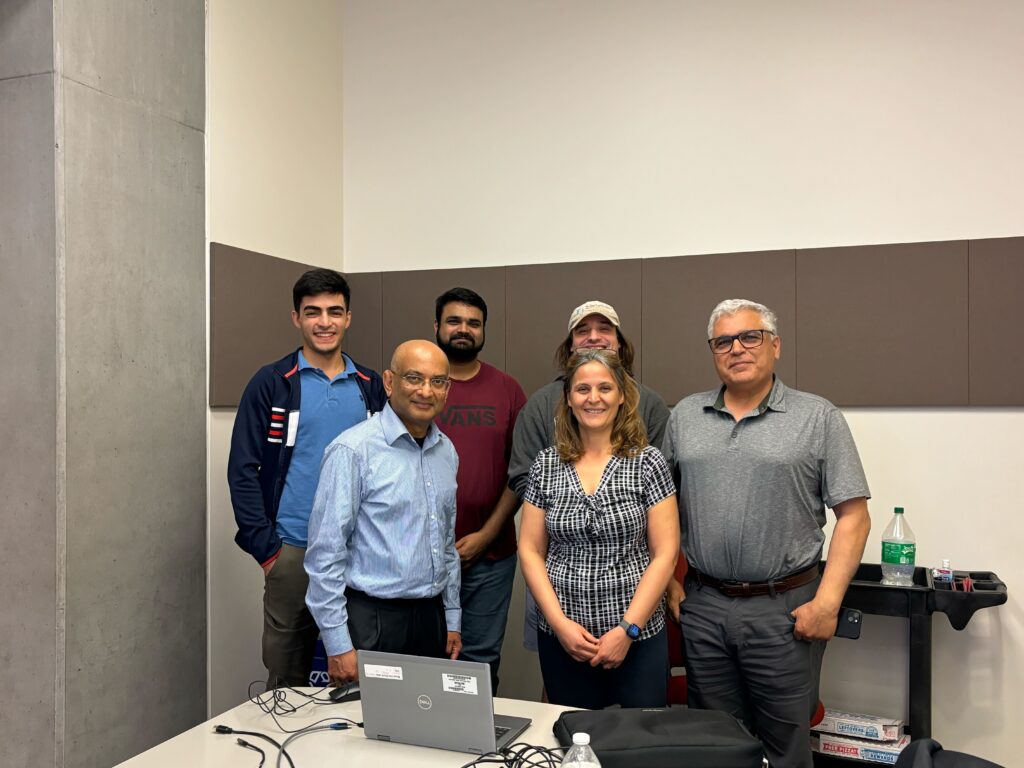
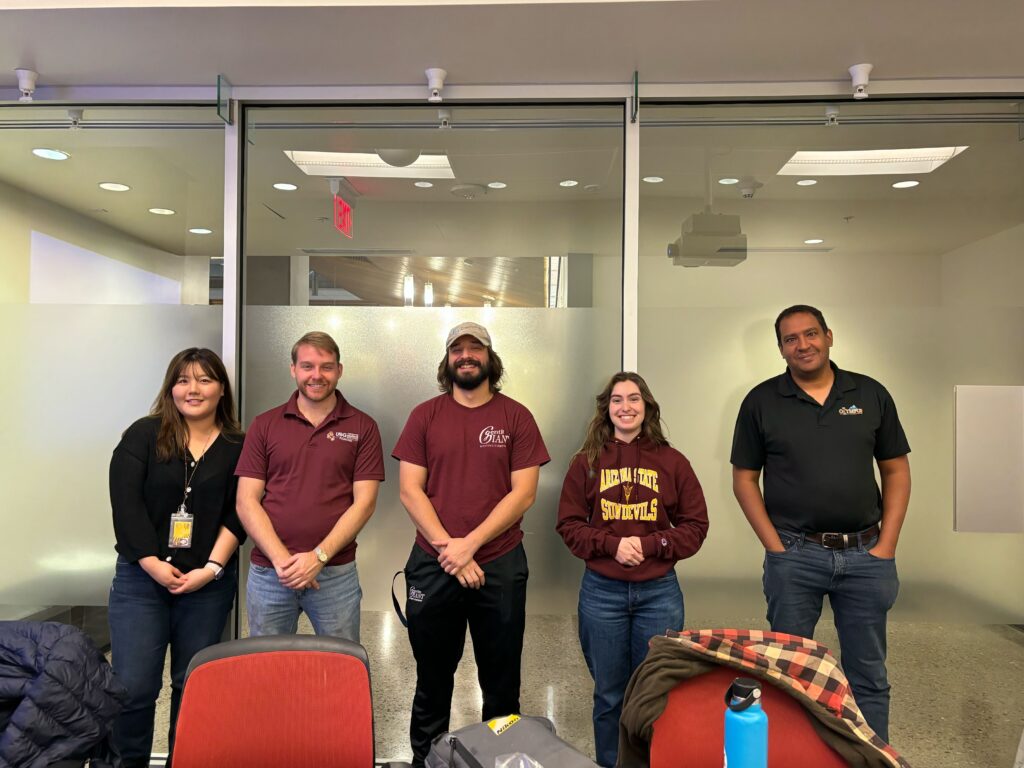
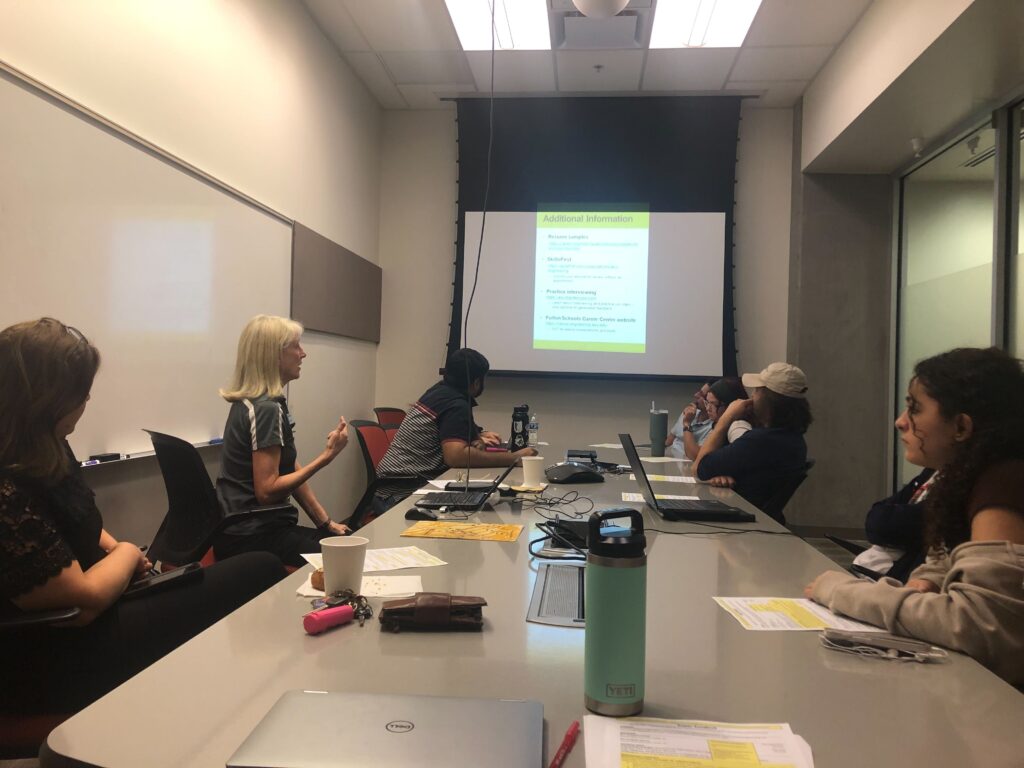
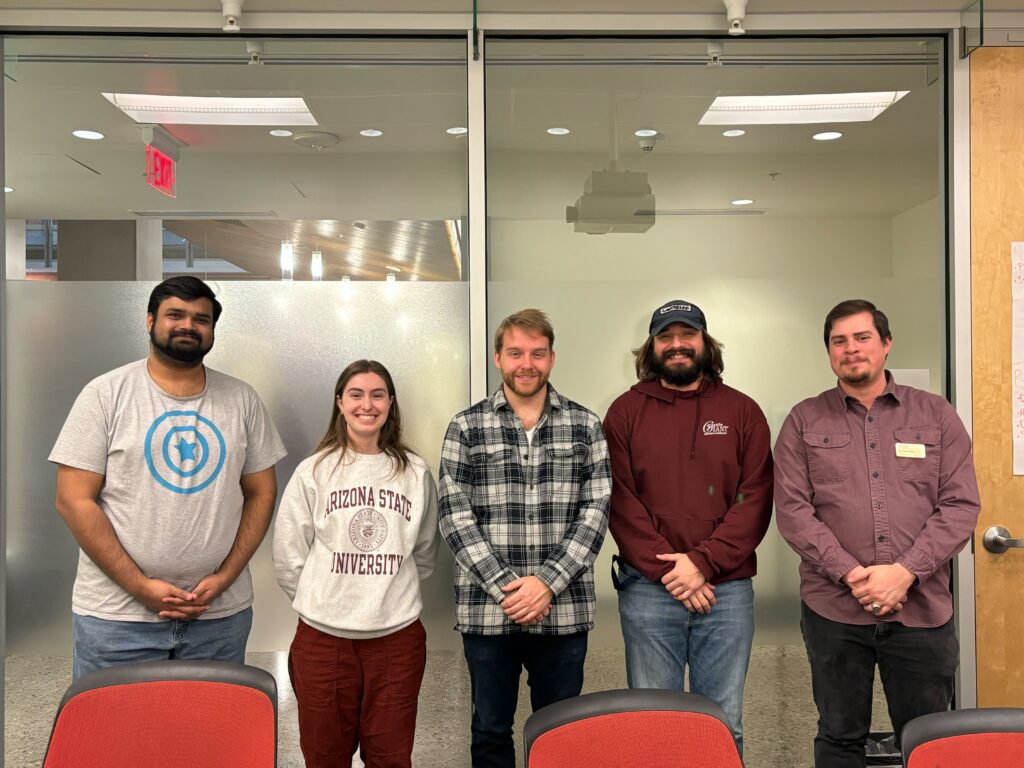
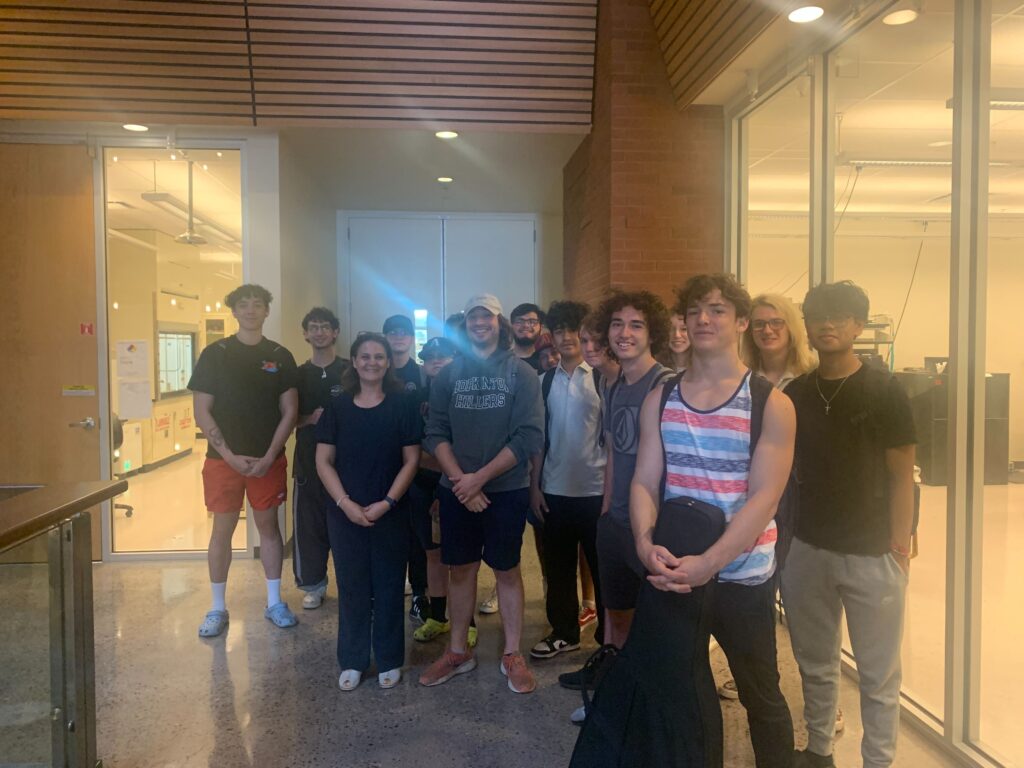
Entrepreneurship
MedTech Accelerator: NRT trainees will intern at the MedTech Accelerator. As an intern, students will be paired with a medical technology company and offer support in research, administration, and business development during this two-week executive education immersion program. Trainees have the option to receive credit for completion of the internship.
Patents: NRT trainees will have the opportunity to file an innovation disclosure with ASU. Students will receive support from Skysong Innovations to patent their devices and implants.
Community
NRT Socials: NRT trainees also spend time getting to know one another through fun activities and engaging events held throughout the year.
